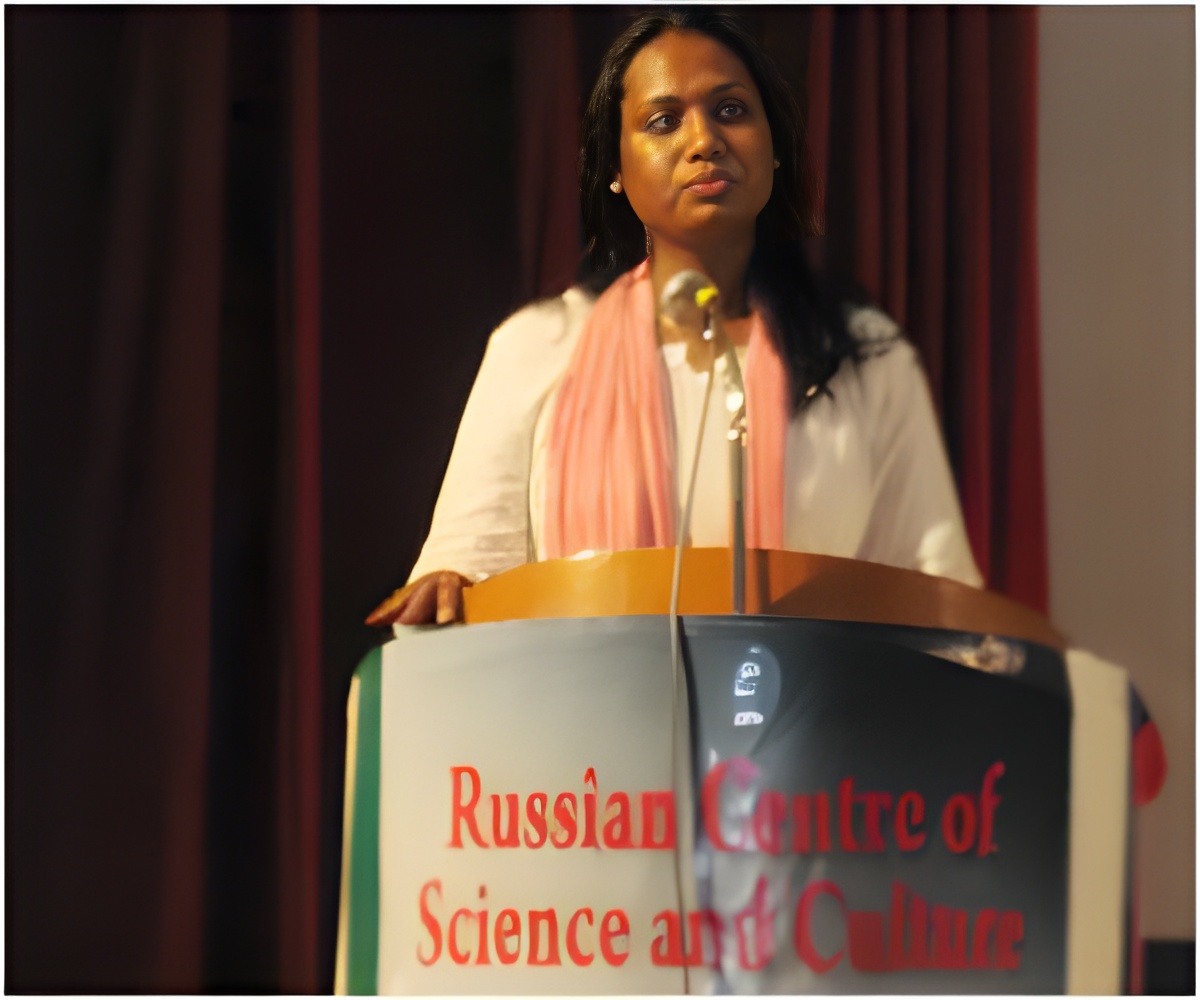Seven transgender women showcased their skills through their original documentaries in a venture that was jointly presented by ‘Project Kalki’ and The Alliance Française de Madras.

Documentary with a Difference
The documentaries were jointly presented by Alliance Française de Madras and ‘Project Kalki’ by Sahodari Foundation headed by Ms. Kalki Subramaniam, transgender celebrity and activist. Project Kalki seeks to provide opportunities for transgender girls and women to live a life with dignity and self-respect. Ms. Subramaniam’s ‘Punnagai’ (Smile), a rare video with the theme of happy moments in the lives of transgender women despite the challenges posed by the society, set the tempo for what was to come. The following six short documentaries dealt with social issues and the zeal displayed by transgender women in addressing these issues. Sandhya’s’ ‘Kadal Nanbarkal’ (Friends of the Sea), threw light on the everyday lives of fishermen, inspired by her own childhood friends from the fishing community. Kanchana’s, ‘Nambikkai’ (Hope), emphasised the need for the society to acknowledge the beauty and the talents of the differently abled and not amplify their ‘short comings’. Sandhiya’s ‘Abandoned Souls’, revealed her concern for the elderly abandoned by family and society. Her dream is to one day make sure the elderly are given shelter and well looked after. Maanu’s ‘Inaindha Kaigal’ (Joined Hands) focused on doubts of social acceptance where she goes in search of her school friend wondering how he would react, now that she was a woman. The happy ending begins with Maanu being accepted as part of his (her childhood friend’s) family. Soundharya’s, ‘Yen Amma’ (My Mother), was about acceptance of a transgender person by one’s own family, and the love of a mother towards her child, no matter what. The narrative ended with a generous dose of good humour. ‘Abi, with Love’ by Abinaya, was also about acceptance and encouragement for a transgender person by her family to pursue dancing. Though, not professionally trained, Abhinaya learnt by observing dancers such as Padmini and Vyjayanthimala Bali, and has had accolades and awards for her dancing skills. Her documentary traced her struggle to establish herself as a dancer despite her transgender status.
Acceptance and Response from the Audience
The documentaries were well received and the directors were encouraged to launch short films and tele-serials. Ms. Kalki Subramaniam cited lack of funds and equipments but confidently admitted to other projects in the pipeline such as Internet journalism and professional journalism such as podcast and so on. She further added that the rich families don’t come forward to show their support and almost 95% of transgender persons are poor. As for the other poor or marginalised communities, they find the transgender population easier to accept as opposed to the middleclass families who keep a safe distance from them. When posted queries by the audience, Ms. Olga, the organizer reinstated, “transgender is a state of nature, and it is the non-acceptance that is the problem”.
Lights, Camera and Action
The transgender women directors were truly inspirational through their courage to step forward and change the way people look at the transgender community in India. Each of the transgender directors has had a troubled past and still face challenges in their day to day life. Two of the directors are teenagers, aged 18 and 19 years who have been subjected to begging and sex work. Hence Ms. Subramaniam posed the question t which morally obligated the society for an answer, “What is to become of the girls after five years?” She further suggested adoption of the young girls to enable them live a life with dignity.
Source-Medindia
 MEDINDIA
MEDINDIA




 Email
Email




